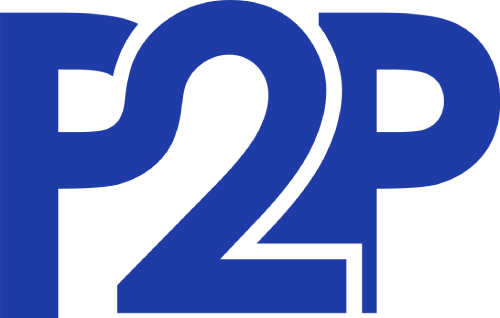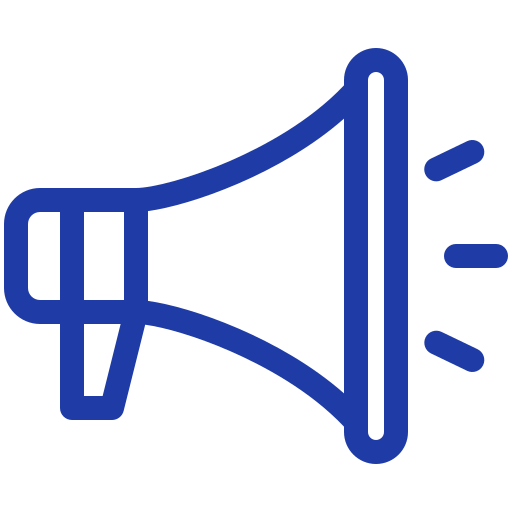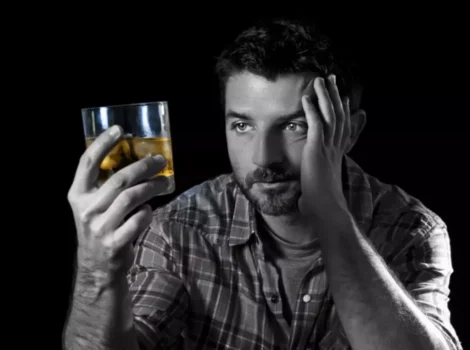
"I always thought, well, I need to have a drink to be able to socialize, but it's been a really fun challenge to be able to go to these events without drinking and seeing what I would do naturally to socialize with people," she said. "It was really awkward at first, almost painful to try and go talk to people without, like, having a drink in your hand. But I've gotten a lot more confident in being able to speak to people—that's probably one of my favorite things that I've gotten out of this." "At the beginning, if you asked me, I would have said, 'At midnight, I'm having a shot at tequila to celebrate not having a drink for the entire year.' But now that I've gotten to an entire year, I couldn't think of anything worse than drinking," McCarthy said. "The feeling that I thought I would get for not drinking for an entire year in terms of my mental clarity, my physical health, like, everything—it is exactly what I thought. It feels incredible, so I don't necessarily want to go back."
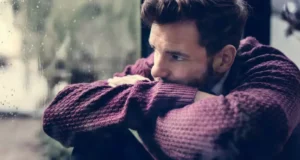
Millions of Americans Consider Themselves 'Sober Curious' Beyond Dry January
- Describing the reasons for this planned decline, 47 percent said they wanted to do it for their physical health, 32 percent to live longer, 24 percent to lose weight and 23 percent for their mental health.
- Generally speaking, someone who is sober curious is reconsidering their relationship with alcohol—taking a look at why, when, and how often they drink.
- Some people may choose to give up drinking entirely for a specific amount of time (such as the month of January, or "Sober October"), or they may choose to reduce the quantity of drinks consumed in a given time frame (say, drinking two beers a week instead of four or five) or opting for lower-alcohol options.
- "America also has the biggest distinction of people who do a DIY version of trying to go dry on their own versus people joining the program," Piper added.
- Some use it as a way to be more creative in their downtime, either looking up or creating mocktail recipes to try or seeking out new ways to engage with friends that aren't centered around a bar.
"I think it's probably overdue that we had some other alternative for people where they can feel like they can participate socially, that we can broaden some of our cultural horizons, so if there is a happy hour or a get-together event, those people are no longer excluded." "U.S. citizens make up the second largest group of people using our program, which is fantastic," said Dr. Richard Piper, CEO of Alcohol Change, the U.K.-based charity that created Dry January in 2013 and runs the campaign in the U.S. in partnership with Meharry Medical College in Nashville, Tennessee. More than 130,000 people worldwide have signed up to the campaign's Try Dry app, with tens of thousands of Americans signing up for the challenge yearly since its U.S. launch in 2020.
Sucks Being Sober
- Aside from the obvious health benefits of abstaining from alcohol, taking a break from drinking can help you save money.
- According to the research by The New Consumer/Coefficient, nearly a third of Americans plan to participate in some form of Dry January in 2025, either by cutting down or consuming zero alcohol for the month.
- Seeking help for alcohol addiction or any substance abuse disorder can feel challenging, but there are many resources to help you.
- "It was really awkward at first, almost painful to try and go talk to people without, like, having a drink in your hand. But I've gotten a lot more confident in being able to speak to people—that's probably one of my favorite things that I've gotten out of this."
- Ever since his light-bulb moment, Shufelt has been dedicated to creating full-flavored, nonalcoholic beers.
- A small study published in the British Journal of Medicine showed a remarkable reduction in cancer-related markers in participants who refrained from drinking alcohol for one month.
As that anniversary approached, the Los Angeles-born content creator told Newsweek she had had a change of heart. The impact that alcohol can have on the liver is well known, but even taking a brief https://ecosoberhouse.com/ pause can help improve your liver's health. A researcher from the University College London found that after one Dry January, liver damage was reduced more than 12 percent. That study also found that resistance to insulin—a precursor to type 2 diabetes—came down 28 percent. According to the CDC, all forms of alcohol are linked to increased risks of certain cancers, including colorectal and breast cancers. A small study published in the British Journal of Medicine showed a remarkable reduction in cancer-related markers in participants who refrained from drinking alcohol for one month.
Socializing Sober
One of these new entrants is Spider-Man actor Tom Holland, who at 28 is a millennial close to Gen Z age. People who register for the campaign also receive a daily email filled with "inspirational stories" as well as an explanation about what is happening to their bodies while off alcohol. Dry January also has a Facebook page, where participants can post anonymously, which Piper said offers an extra level of support. Andrea McCarthy told friends and family when she gave up alcohol on January 1, 2024, that she would being sober sucks toast 12 months off the sauce with a drink to ring in 2025.

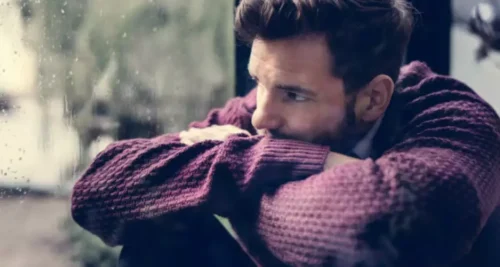
"I couldn't find any bartenders to work in a sober bar. Now sober bartenders seek me out." "America also has the biggest distinction of people who do a DIY version of trying to go dry on their own versus people joining the program," marijuana addiction Piper added. "There is nothing wrong with doing your own DIY version but it's usually a much better experience and a much more successful experience doing the program as opposed to going it alone."
Choose a Reddit account to continue
Brown University Health, Rhode Island's first health system, was founded in 1994 by Rhode Island Hospital and The Miriam Hospital. "Sober people don't want to navigate the city on that night," Edge told Newsweek. "We have app users from the age of 18 up to 104, and we have a pretty good distribution across that age range that more or less matches the population, so there's no age group that's particularly using it more." Connect your Spotify account to your Last.fm account and scrobble everything you listen to, from any Spotify app on any device or platform.
- "I couldn't find any bartenders to work in a sober bar. Now sober bartenders seek me out."
- "For me, BERO is personal. After two years on my sobriety journey, I wanted to create something that reflected my lifestyle and values," Holland said.
- "At the beginning, if you asked me, I would have said, 'At midnight, I'm having a shot at tequila to celebrate not having a drink for the entire year.' But now that I've gotten to an entire year, I couldn't think of anything worse than drinking," McCarthy said.
Genius is the world’s biggest collection of song lyrics and musical knowledge
Yet there's a strong social aspect to drinking that's hard to ignore, especially among younger people. However, new research studies, along with a rise in "sober curious" influencers on social media, indicate that more and more people are considering the benefits of abstaining altogether, or more mindfully engaging in alcohol culture. For others, trying to take a break from alcohol may lead them to recognize that drinking has a stronger hold on their day-to-day life than they realized. Seeking help for alcohol addiction or any substance abuse disorder can feel challenging, but there are many resources to help you. Aside from the obvious health benefits of abstaining from alcohol, taking a break from drinking can help you save money.
How to get help with alcohol addiction
Make a plan outlining the details of your sober period, such as whether you'll abstain entirely or be more moderate in your drinking in a specific way (for example, "I'll only have one drink when I'm out on Friday nights") and how long you want your break or your mindful drinking journey to be. Keeping a journal, or even notes in your phone's note app, can help you reflect on what you discover along the way and track how you feel. Ever since his light-bulb moment, Shufelt has been dedicated to creating full-flavored, nonalcoholic beers. Over that short period of time, he has seen the market mature significantly to include what has been dubbed the "sober curious" crowd, especially among younger generations. Some 45 percent of 21+ Gen Z consumers have never consumed alcohol, Nielsen IQ found, compared with 36 percent of millennials and 32 percent of Gen X.
